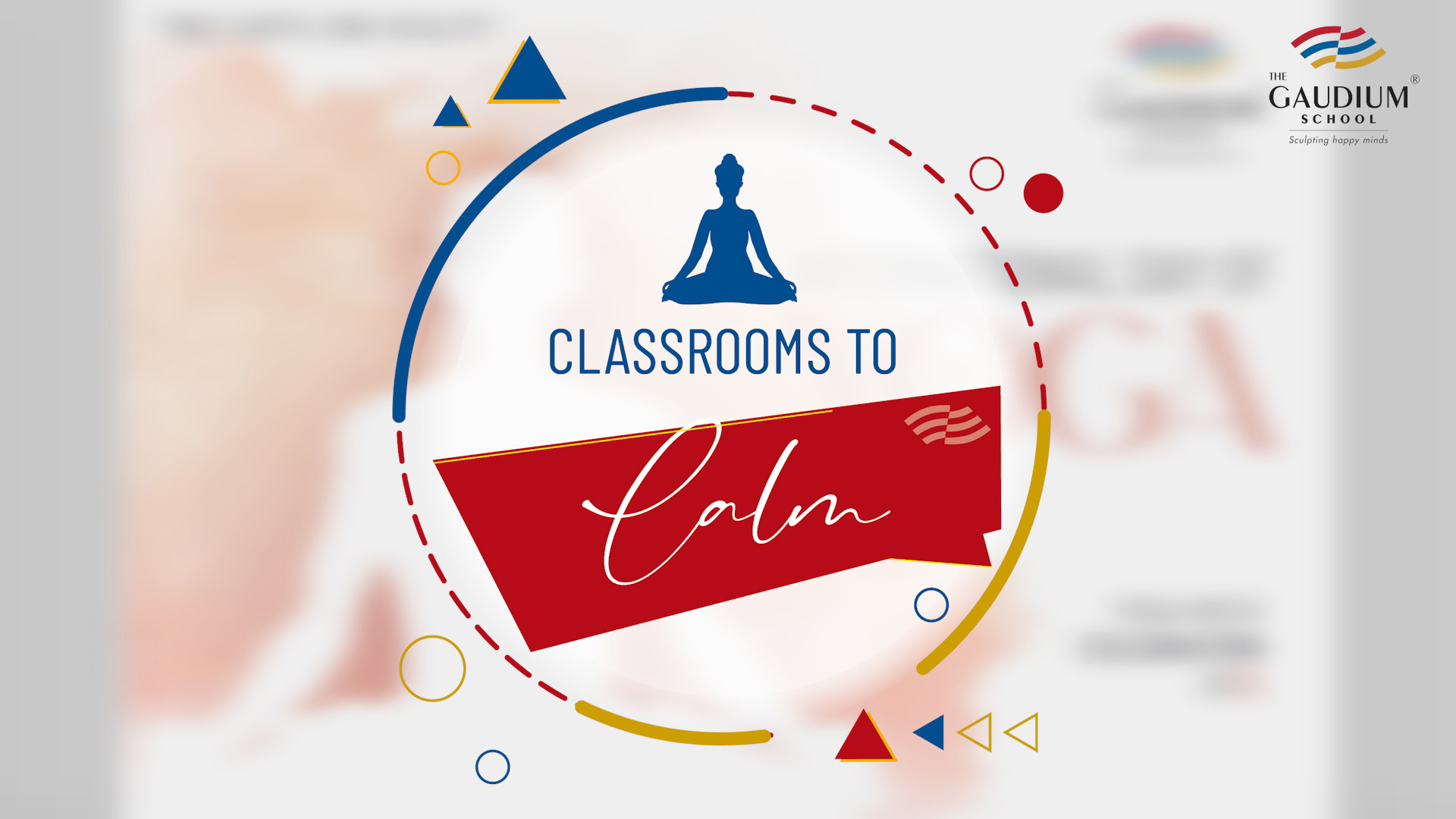Yoga transcends the boundaries of physical exercise, emerging as a comprehensive lifestyle approach that profoundly shapes young minds and bodies. For children and adolescents navigating the complexities of growth and development, yoga offers a unique pathway to self-discovery and emotional regulation. The practice integrates physical postures, breathing techniques, and mindfulness exercises that work synergistically to enhance flexibility, strength, and coordination while simultaneously developing crucial life skills such as focus, patience, and self-awareness.
The celebration of International Yoga Day at The Gaudium School exemplified the remarkable transformation that occurs when educational institutions embrace holistic wellness practices. Students across all age groups participated with enthusiasm, demonstrating how yoga naturally appeals to young people’s innate curiosity and desire for movement. The sight of children moving gracefully through yoga poses, their faces radiating concentration and joy, illustrated the practice’s unique ability to engage both body and mind simultaneously, creating an environment where learning extends far beyond traditional academic boundaries.
The mental and emotional benefits of yoga for young practitioners are particularly profound and far-reaching. Regular practice helps children develop emotional intelligence by teaching them to observe their thoughts and feelings without judgment, fostering resilience in the face of academic pressures and social challenges. The breathing techniques learned through yoga provide students with practical tools for managing anxiety, improving concentration during studies, and maintaining emotional equilibrium during stressful situations. These skills prove invaluable as young people navigate the increasingly complex demands of modern life, from academic competition to social media pressures.
Physical development through yoga offers children advantages that extend well into their adult years. Unlike competitive sports that may emphasize winning or comparison with others, yoga promotes self-acceptance and personal growth at each individual’s pace. The practice improves posture, which is particularly crucial for students spending long hours at desks, while also enhancing body awareness and coordination. The non-competitive nature of yoga creates an inclusive environment where children of all abilities can participate meaningfully, building confidence and self-esteem regardless of their athletic prowess or physical limitations.
The integration of yoga into educational settings like The Gaudium School represents a progressive approach to child development that recognizes the interconnectedness of mental, physical, and emotional well-being. When schools prioritize practices that nurture the whole child rather than focusing solely on academic achievement, they create graduates who are not only knowledgeable but also emotionally intelligent, physically healthy, and spiritually grounded. The positive energy and peaceful moments witnessed during the International Yoga Day celebration reflect the transformative potential of yoga to create learning environments where students can thrive holistically, preparing them to become balanced, mindful adults who contribute positively to society.








Leave A Comment